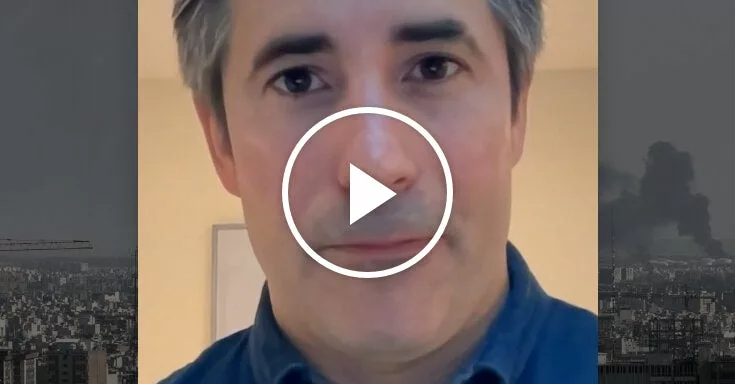In recent months, former President Donald Trump has exhibited a notable shift in his stance regarding Iran, a topic that has significant implications for U.S. foreign policy and international relations. As tensions in the Middle East continue to simmer, understanding Trump’s evolving perspective is crucial for grasping the broader dynamics at play.
Historically, Trump’s approach to Iran has been characterized by a hardline strategy, particularly during his presidency from 2017 to 2021. His administration’s withdrawal from the Joint Comprehensive Plan of Action (JCPOA) in 2018 marked a pivotal moment in U.S.-Iran relations, leading to the reimposition of severe economic sanctions on the Iranian regime. This decision was rooted in Trump’s belief that the nuclear deal was fundamentally flawed and that Iran’s regional activities posed a significant threat to U.S. interests and allies in the region.
However, recent developments suggest a shift in Trump’s rhetoric and strategy. In various public appearances and interviews, he has begun to express a willingness to engage in dialogue with Iran, a stark contrast to his previous stance. This change may be influenced by several factors, including the ongoing geopolitical landscape, the Biden administration’s efforts to revive the JCPOA, and the increasing calls for diplomatic solutions to prevent further escalation in the region.
Critics of Trump’s previous policies argue that his maximum pressure campaign has not yielded the desired results and has instead exacerbated tensions. The assassination of Iranian General Qassem Soleimani in early 2020, for instance, led to retaliatory strikes and heightened hostilities. As the situation in the Middle East remains volatile, Trump’s new willingness to consider negotiation could signal a recognition of the complexities involved in dealing with Iran.
Moreover, the shifting dynamics within the Republican Party may also play a role in Trump’s evolving stance. As the party grapples with its identity and future direction, there is a growing faction advocating for a more pragmatic approach to foreign policy, particularly regarding long-standing adversaries like Iran. This internal debate may influence Trump’s positioning as he seeks to maintain his relevance within the party while also appealing to a broader electorate.
The implications of Trump’s changing views on Iran extend beyond U.S. borders. A potential thaw in relations could impact regional allies, including Israel and Saudi Arabia, who have historically viewed Iran as a primary threat. Additionally, any moves toward diplomacy could alter the strategic calculations of other nations involved in the Middle East, potentially leading to a realignment of alliances and partnerships.
As we observe these developments, it is essential to consider the broader context of U.S. foreign policy. The Biden administration has been actively pursuing diplomatic avenues to re-engage with Iran, aiming to address nuclear proliferation concerns while navigating a complex web of regional interests. Trump’s evolving stance may complicate these efforts, as his influence within the Republican Party could lead to renewed resistance against any diplomatic initiatives.
In conclusion, Trump’s shifting position on Iran reflects the dynamic nature of U.S. foreign policy and the intricate challenges posed by international relations. As the situation unfolds, it will be crucial for policymakers and observers alike to monitor these developments closely, as they hold significant implications for both the United States and the broader Middle East.
